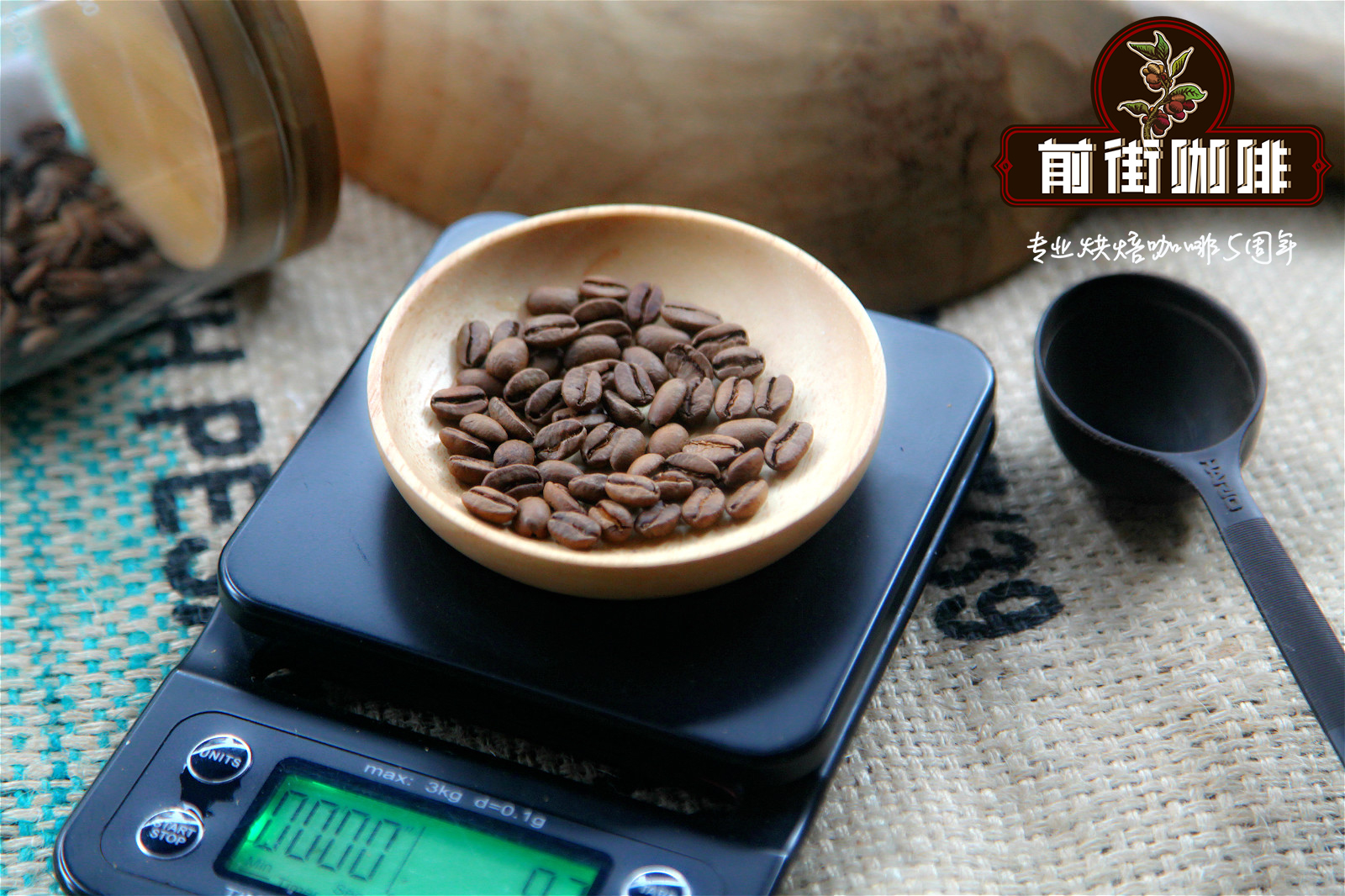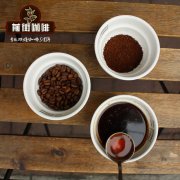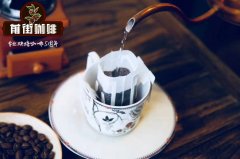San Ana Volcano La Reforma Manor in El Salvador introduces the advantages of growing coffee in El Salvador

The Alvarez family has been making coffee in the hills of Mount Santa Ana in the western part of the country for more than 100 years for four generations. Fertile volcanic soil and mild climate provide ideal conditions for coffee cultivation.
The Finca La Reforma owned by the Alvarez family covers an area of more than 36 hectares, mainly growing red bourbon varieties. Coffee trees are planted in shade trees, which means they are planted in higher local shade. The picking is done entirely by hand.
Recently, yellow and pink bourbon varieties have been planted, as well as a small number of SL28 from Kenya. This limited availability constitutes micro-batches that we can purchase.
After strict manual picking, the batch is prepared according to the solarization process. It is fermented on an elevated bed: cherries are often flipped to control their fermentation and are covered during the hottest times of the day and overnight.
When cherries reach the required residual humidity (about 11%), they are processed in a drying plant called El Borbollon, which removes dried peel and mucus as well as parchment. Then the raw coffee was packed in a 30kg Grain Pro bag and delivered to our laboratory.
We use the cup test method to evaluate the flavor of beans. After a large number of tests, we chose a very delicate baking method to make the acidity of this cup of coffee similar to that of the pomegranate, thus significantly increasing the complexity of the cup. When mixed with V60, the coffee has exotic fruit yellow and nectarine sweetness.
Country of origin: El Salvador
Area: Santa Ana Volcano
Farm: La Reforma- Alvarez family
Altitude: 1350-1450 m
Variety: SL28
Processing method: sun treatment
Cup test flavor: yellow kiwifruit, pomegranate, nectarine
Important Notice :
前街咖啡 FrontStreet Coffee has moved to new addredd:
FrontStreet Coffee Address: 315,Donghua East Road,GuangZhou
Tel:020 38364473
- Prev

Description of the Flavor of Finca El Picacho washing Kaduai in the Coffee production area of Massaguara, Honduras
Apolonio Canales Portillo is a coffee producer from the Pozo Negro community of the nearby town of Masaguara, located in the Intibuca district of the mountains of Nicaragua, not far from El Salvador. Apolonio, who has always lived in the area, started growing coffee when he managed to buy 8 hectares of land to build a Finca El Picacho ten years ago
- Next

How do you treat Katim flavor by anaerobic fermentation in Carlos Farm, Copan Province, Honduras?
Carlos Alfredo Estevez (Carlos Alfredo Estevez) is a second-generation coffee farmer headquartered in Cocun, Corpan, Honduras. Carlos's parents planted all kinds of crops all their lives, from sugar cane to tobacco, riding the wave of price fluctuations until they finally settled down to grow coffee, which for their generation
Related
- Detailed explanation of Jadeite planting Land in Panamanian Jadeite Manor introduction to the grading system of Jadeite competitive bidding, Red bid, Green bid and Rose Summer
- Story of Coffee planting in Brenka region of Costa Rica Stonehenge Manor anaerobic heavy honey treatment of flavor mouth
- What's on the barrel of Blue Mountain Coffee beans?
- Can American coffee also pull flowers? How to use hot American style to pull out a good-looking pattern?
- Can you make a cold extract with coffee beans? What is the right proportion for cold-extracted coffee formula?
- Indonesian PWN Gold Mandrine Coffee Origin Features Flavor How to Chong? Mandolin coffee is American.
- A brief introduction to the flavor characteristics of Brazilian yellow bourbon coffee beans
- What is the effect of different water quality on the flavor of cold-extracted coffee? What kind of water is best for brewing coffee?
- Why do you think of Rose Summer whenever you mention Panamanian coffee?
- Introduction to the characteristics of authentic blue mountain coffee bean producing areas? What is the CIB Coffee Authority in Jamaica?

